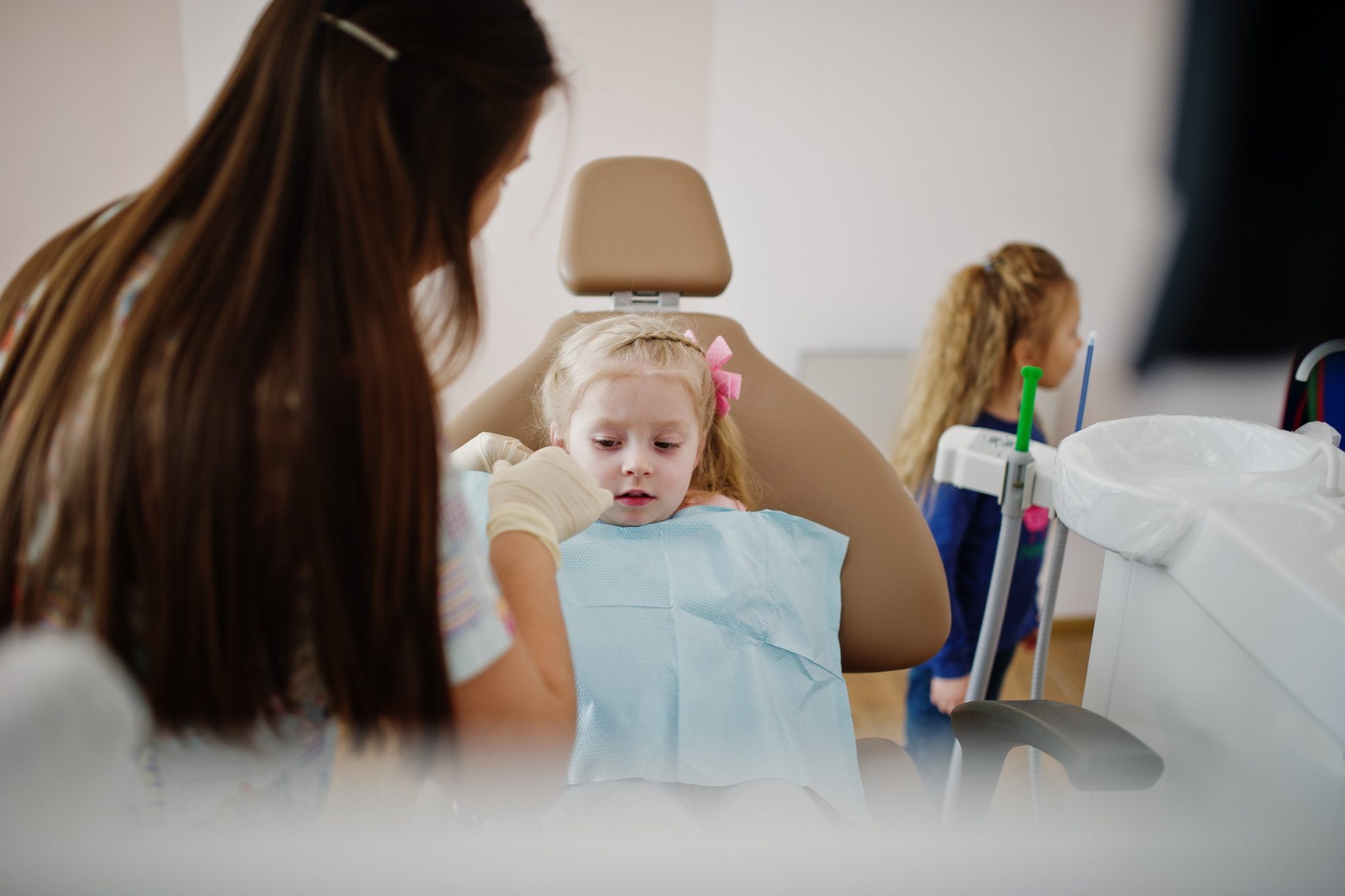What to Expect at Your Child’s First Dental Visit
Did you know that children should have their first dental visit after the first tooth appears or before their first birthday? This visit is important because as soon as your child’s baby teeth appear they can develop cavities. In most cases, the first visit is mainly for the dentist to examine your child’s mouth and to check for growth and development. During the visit you can expect the dentist to check for mouth injuries, cavities, or other problems. If your child is going through a tough time with teething or in the habit of thumb sucking or excessive pacifier use, ask your dentist for advice on how to handle these issues. When scheduling the appointment, try to choose a time when your child will be more cooperative. Morning appointments tend to be a good time. Try to avoid scheduling an appointment during their usual naptime. This could lead to a cranky visit. Some dental offices will give you the opportunity to fill out paperwork ahead of time. If you have dental insurance, be sure your child is included on the plan before the appointment. On the day of the visit, make sure your child has had a light meal beforehand. Some children may gag so you want to avoid a heavy meal before the appointment. Try not to give snacks in the waiting room because those will be all over their teeth during the visit which will make the examination difficult.
Here are a few tips to help make the experience positive:
Try not to let your child know if you are concerned or anxious about the visit. Children can pick up on your emotions so emphasize the positive.
Don’t use a dental visit as a punishment or as a way to bribe your child.
Talk with your child about visiting the dentist. Let them know that they are going to meet new people and ride up and down in a dental chair.
Have them practice opening their mouth so that the dentist can count and check their teeth. Make it fun and let them look and count your teeth as well.
There are many children’s books and video that can help you prepare for the visit. Reading stories or watching videos about a first dental visit may help your child be less fearful and more confident.
If your child is upset during the visit, work with your dentist to calm them. It’s important that you trust the dentist and let them lead the conversation.
Give the dentist a chance to turn the visit around. Don’t wait for your child to start school or until there’s a dental emergency for them to go to the dentist.
Being proactive about the future of your child’s dental health today, will help them for the rest of their life.


